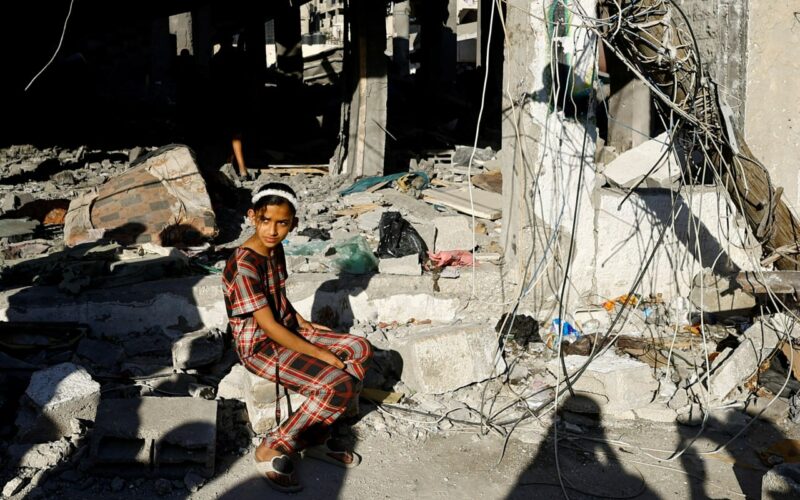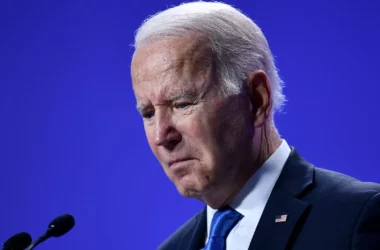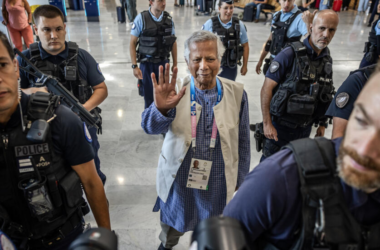Amid escalating tensions and the looming threat of a broader regional conflict, Qatar is hosting a new round of ceasefire talks aimed at ending the violence in Gaza. The negotiations come after more than ten months of relentless Israeli bombardment of the Gaza Strip, which has claimed the lives of over 40,000 Palestinians. As leaders from Israel and Palestinian group Hamas prepare for these critical discussions, several significant issues remain unresolved, threatening to derail the peace process.
The ceasefire talks, organized by mediators from Qatar, Egypt, and the United States, are scheduled to take place on Thursday in Doha. The talks are seen as a last-ditch effort to prevent further escalation, particularly between Israel and Iran, following the assassination of Hamas leader Ismail Haniyeh in Tehran on July 31.
While Israel is sending a high-level delegation to the talks, including intelligence chief David Barnea and the head of the domestic security service, Ronen Bar, Hamas has signaled its reluctance to participate. Senior Hamas officials have expressed concerns that the negotiations could be used by Israel to impose new conditions while continuing its military operations.
The agenda for the talks is expected to focus on securing a ceasefire and negotiating the release of Israeli captives held in Gaza. Around 110 captives are believed to still be in Gaza, following their abduction from southern Israel during the initial stages of the conflict last October.
Israel’s position, as reiterated by Prime Minister Benjamin Netanyahu, remains firm on achieving a “complete victory” over Hamas. The Israeli government also insists on maintaining control over Gaza’s southern border with Egypt and implementing strict security measures for Palestinians returning to northern Gaza.
On the other hand, Hamas has stated that any truce must be based on the ceasefire proposal put forward by U.S. President Joe Biden on May 31 and the subsequent UN Security Council Resolution 2735. Hamas demands a full withdrawal of Israeli troops from Gaza and has expressed its willingness to continue negotiations if Israel makes a “serious” proposal in line with these terms.
The timing of these talks is critical, given the recent intensification of violence and the assassination of key figures in the region, which has heightened fears of a broader conflict. The international community, particularly the mediating countries, is under pressure to achieve a breakthrough that could bring an end to the bloodshed and prevent further destabilization in the Middle East.
As the talks commence, the world watches closely, hoping for a resolution that could bring much-needed peace to Gaza and the surrounding regions. However, with significant gaps remaining between the positions of Israel and Hamas, the outcome of these negotiations remains uncertain.








